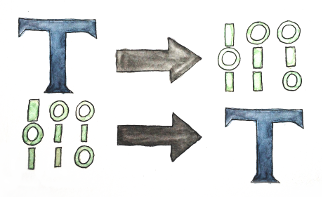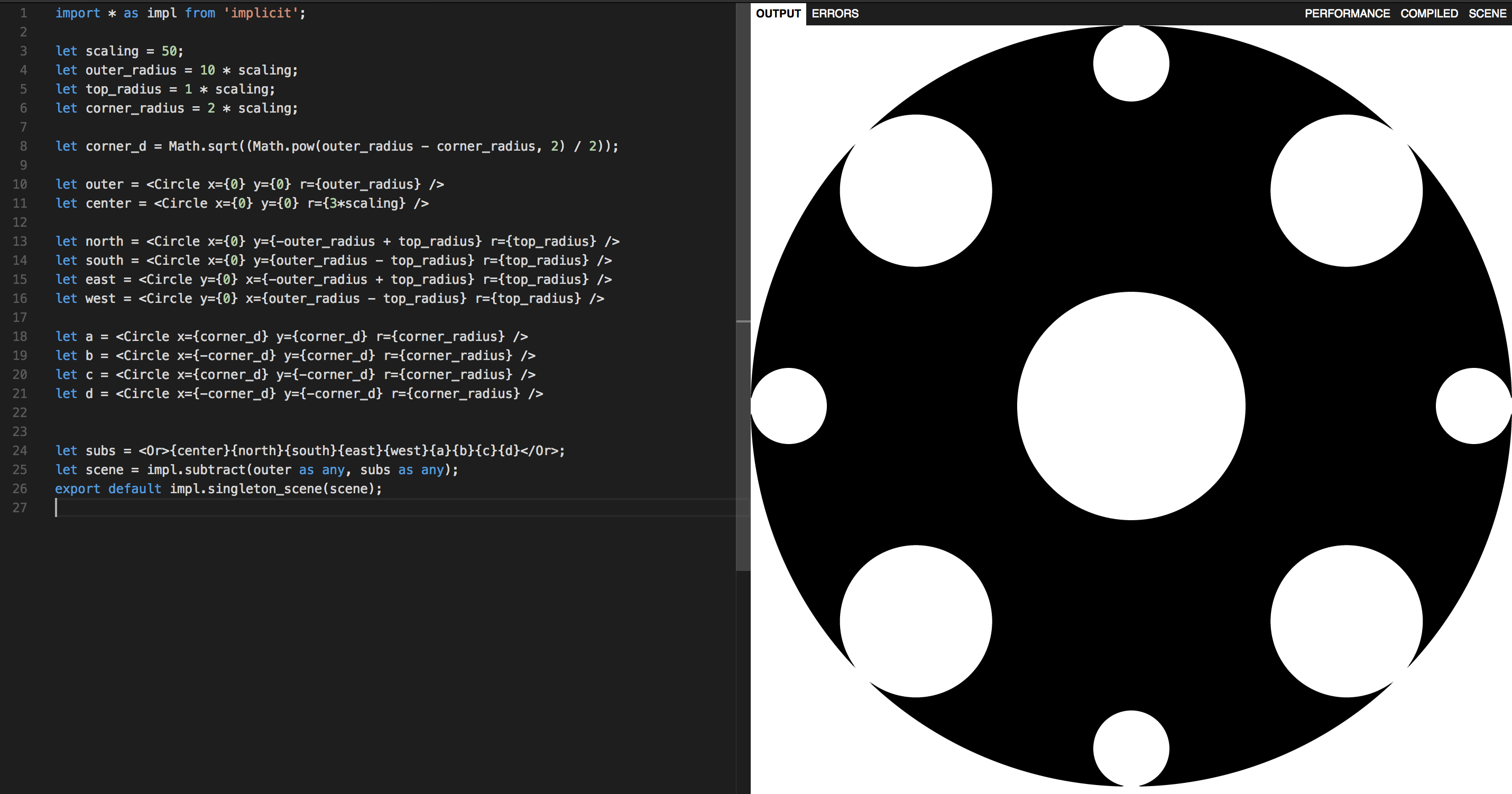Experience
As a developer on the Roslyn Compiler for C# and Visual Basic, I participated in language design, implemented language features, found/fixed bugs, and worked on improving the user experience for the compiler developers and users on Linux. I took the "async Main" language feature from concept to its release in C# 7.1. In order to prevent compiler performance regressions, I built a performance testing automation system which would run perf tests on every checkin (and optionally on any pull request).
As a member of an internal "Infrastructure Swat Team" I spent roughly ⅓ of my time on point for all performance investigations in the product. While conducting performance analysis, I learned how to debug from heap dumps as well as how to collect and analyze performance traces on Windows. Because of my involvement, Visual Studio was able to ship on time and with fewer perf regressions. Before switching teams internally, I successfully trained another employee to take over my position.
As a developer on the
try.dot.net
team, I helped build and maintain a full stack service for evaluating C# from the browser. It required frontend development
for the web portal (Typescript and React/Redux), backend web servers / services in C#, and integration
with many Azure services. While preparing for a major conference where our software would be demoed,
I built a simulator for evaluating the reliability of our service under heavy load. This simulator discovered
a flaw in our scaling algorithm which we were able to fix in time for the conference.
As an intern on the Dart language compiler, I instrumented the compiler to produce metadata alongside a compilation. I also built an in-browser visualizer that consumed the metadata. With the metadata and visualizer, it became possible to answer questions about the compilation such as "what is the inferred type of this variable", "why was this function not tree-shaken out of the compilation", and "which functions are the most responsible for code bloat after tree shaking occurrs". The tool found many bugs in various parts of the compiler ranging from type inference to tree shaking to optimizations and emit.
As an intern on the
Google Chrome Audio/Video team, I built a diagnostics tool inside of Chrome for collecting and
reporting information about the media streams that are currently live in the browser. This tool is still
available and in use at
chrome://media-internals/
Education
- tyoverby.com
- github.com/tyoverby
- (253) 514-9370
- ty@pre-alpha.com
Tools
I know enough about Git to get coworkers (and myself) out of tricky situations.
Five years of using Rust and I'm still loving every day of it!
Professional experience developing, debugging, and profiling C#, Visual Basic and F#.
Over a decade of Linux (Debian and Ubuntu ) on the desktop, 9 years of OS X on a macbook, and 3 years of Windows at work for development.
Interests
Ever since I started programming, I've been interested in programming languages and how they can be made more user friendly. I've worked on countless personal language experiments and several production compilers and their IDE tooling.
I have a strong interest in functional programming and would like to spend a good chunk of my next job writing and developing tools for functional languages.
I'm a hobby carpenter and leather worker in need of a workshop!

